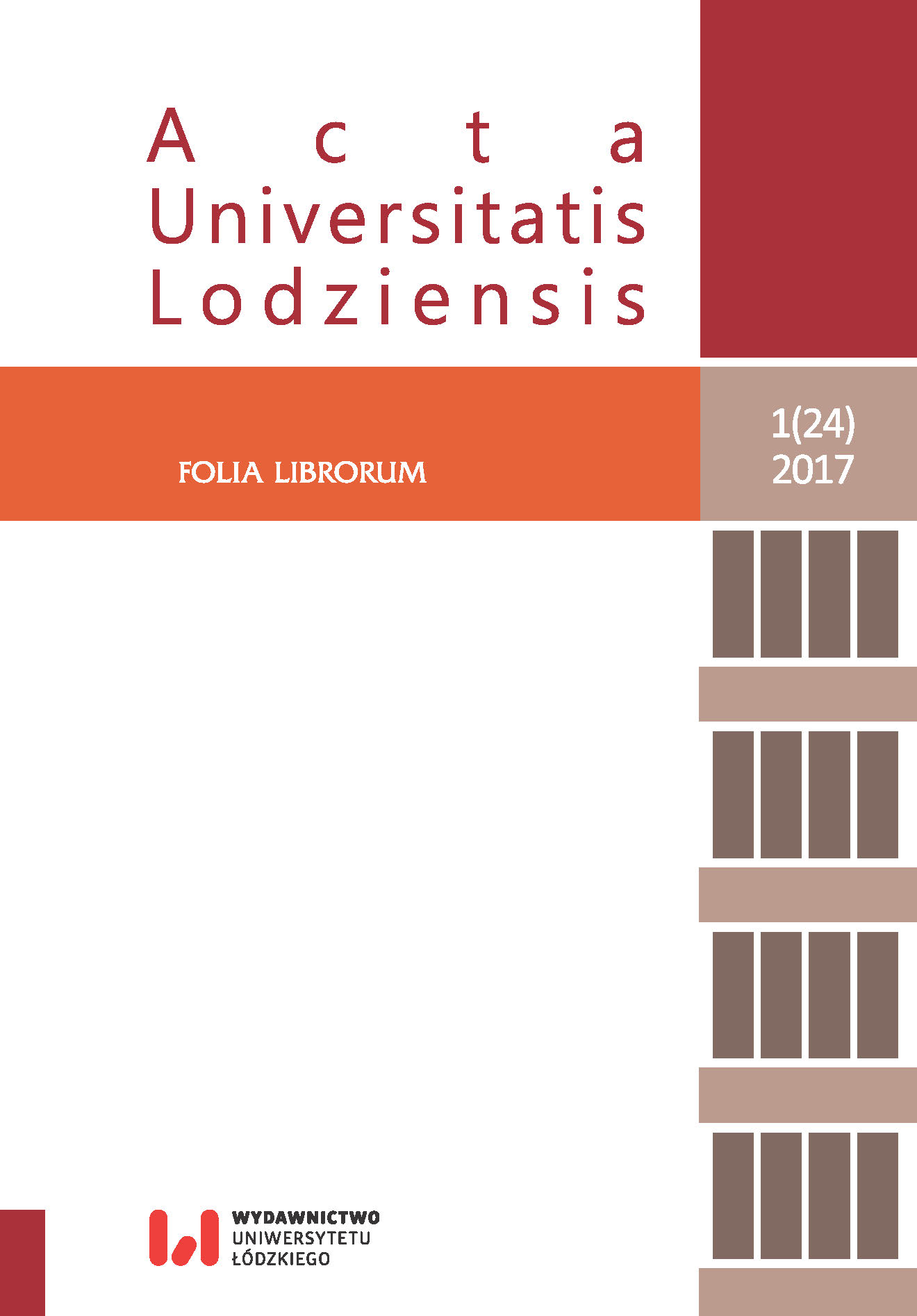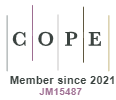To Read or Not To Read: Listening to Children Talk about Reading Motivation
DOI:
https://doi.org/10.18778/0860-7435.24.04Keywords:
reading motivation, human mediation, symbolic mediation, book agencyAbstract
Developing the will to read is an important, albeit sometimes neglected consideration in fostering literacy among children. Drawing from research on reading motivation by Wigfield and Guthrie (1997), who talk about reading motivation as anchored upon self efficacy beliefs, purpose, and a social component, Rosenblatt’s (1994) Transactional Theory of Reading which highlights the stances one takes while reading, Krashen’s (2004 and 2009) research on the conditions that make Free Voluntary Reading optimal, and Miller’s (2011) research on materiality and how objects have an agency that could either build or cripple the capacities of students influences this study as it examines the factors that contribute to reading motivation among middle graders. In order to answer my main research questions, I engaged eight students from grades 3 to 6 in informal interviews (pakikipagkuwentuhan) about reading. These students came from either public, private or state-funded laboratory schools. Depending on the flow of each conversation, the questions asked the students varied at times. Results indicate that both human and symbolic mediators work together to Foster reading motivation among middle graders. These different mediators of reading motivation are the focus of this research. Implications for reading instruction may be gleaned from this study.
Downloads
References
Almario, Ani R. [vice-president of Adarna House] personal communication, November 18, 2014.
Google Scholar
Applegate, Anthony J. & Applegate, Mary D. (2004). The Peter effect: Reading habits and attitudes of preservice teachers. The Reading Teacher, 57, 554–563. Retrieved from: https://fu-ctge-5245.wikispaces.com/file/view/Applegate+and+Applegate.pdf
Google Scholar
Baker, Linda & Wigfield, Allan (1999). Dimensions of children’s motivation for reading and their relations to reading activity and reading achievement. Reading Research Quarterly, 34, 452–477.
Google Scholar
DOI: https://doi.org/10.1598/RRQ.34.4.4
Barnett, Jerrold E. & Irwin, Lydia (1994). The effects of classroom activities on elementary students’ reading attitudes. Reading Improvement, 31, 113–121.
Google Scholar
Borgerson, Janet (2005). Materiality, agency, and the constitution of consuming subjects: Insights for consumer research. Advances in Consumer Research, 32, 439–443.
Google Scholar
Galda, Lee & Ash, Gwynne E. & Cullinan, Bernice E. (2000). Children’s literature. In: M.L. Kamil, P.B. Mosenthal, P.D. Pearson & R. Barr (Eds.). Handbook of reading research (Vol. 3, pp. 361–380). Mahwah, NJ: Erlbaum.
Google Scholar
Gambrell, Linda B. (1996). Creating classroom cultures that foster reading motivation. The Reading Teacher, 50, 14–25.
Google Scholar
Gambrell, Linda B. (2011). Seven rules of engagement: What’s most important to know about motivation to read. The Reading Teacher, 65 (3), 172–178.
Google Scholar
DOI: https://doi.org/10.1002/TRTR.01024
Guthrie, John T. & Wigfield, Allan (2000). Engagement and motivation in reading. In: M.L. Kamil, P.B. Mosenthal, P.D. Pearson, & R. Barr (Eds.). Handbook of reading research (Vol. 3, pp. 403–422). Mahwah, NJ: Erlbaum.
Google Scholar
Kozulin, Alex (2003). Psychological tools and mediated learning. In: A. Kozulin, B. Gindis, V.S. Ageyev & S.M. Miller (eds.), Vygotsky’s educational theory in cultural context (pp. 15–38). Cambridge: Cambridge University Press.
Google Scholar
Krashen, Stephen (2004). Free voluntary reading: New research, applications, and controversies. Paper presented at the RELC Conference, Singapore, April 2004. (Retrieved 3 May 2017) from: http://www.sdkrashen.com/content/articles/singapore.pdf
Google Scholar
Krashen, Stephen (2009). Generalizations about free voluntary reading. IATEFL Young Learner and Teenager Special Interest Group Publication. (Retrieved 3 May 2017) from: http://successfulenglish.com/wp-content/uploads/2010/01/81-Generalizations-about-FVR-2009.pdf
Google Scholar
Miller, Daniel (2011). Getting things right: Motherhood and material culture. Studies in the Maternal, 3 (2), 1–18.
Google Scholar
DOI: https://doi.org/10.16995/sim.65
Rosenblatt, Louise M. (1994). The Reader, The Text, The Poem: The Transactional Theory of the Literary Work [reprint of work from 1978]. Carbondale: Southern Illinois University Press.
Google Scholar
Salvador, Ana Maria Margarita S. (2012). Reading habits, preferences, and contexts of school age children in a community library. The RAP Journal, 35, 34–43.
Google Scholar
Unrau, Norman (2008). Motivation to read content area texts. In: Content area reading and writing: Fostering literacies in middle and high school cultures , 2nd Edition, (pp. 32–61). New Jersey: Pearson Education, Inc.
Google Scholar
Wigfield, Allan & Guthrie, John T. (1997). Relations of Children's Motivation for Reading to the Amount and Breadth of Their Reading. Journal of Educational Psychology, 89, 3, 420–432.
Google Scholar
DOI: https://doi.org/10.1037/0022-0663.89.3.420
Downloads
Published
How to Cite
Issue
Section
License

This work is licensed under a Creative Commons Attribution-NonCommercial-NoDerivatives 4.0 International License.










